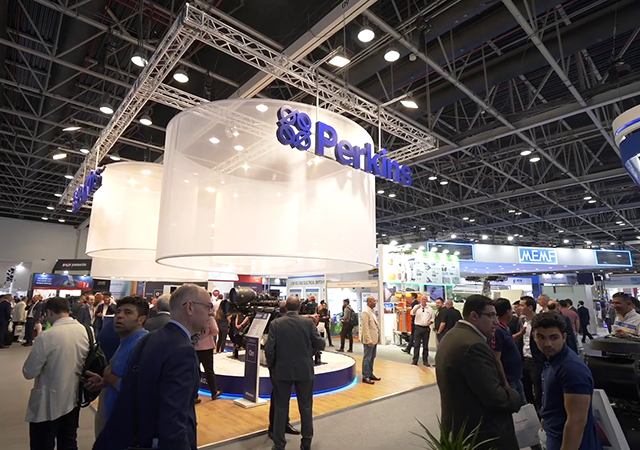 The Masdar Institute
The Masdar Institute
THE Masdar Institute of Science and Technology, an independent, research-driven graduate-level university focused on advanced energy and sustainable technologies, has announced the creation of its Institute Centre for Microsystems (iMicro) that will serve as a research and development hub for Abu Dhabi’s emerging semiconductor ecosystem.
The centre has been established to provide strategic and operational direction to basic and applied microsystems research to achieve excellence and generate knowledge and technologies that will help establish the UAE as a global leader in microsystem devices and materials research, process technology, circuit and system design, and photonics.
 |
Dr Elfadel: helping make UAE a vital semiconductor player |
iMicro will serve Masdar Institute’s faculty, students and stakeholders by supporting a collaborative environment for cutting edge microsystems research aligned with Abu Dhabi’s economic diversification plans into the semiconductor industry.
Most of the iMicro research projects are currently sponsored by the Advanced Technology Investment Company (ATIC) and are guided by the Semiconductor Research Corporation (SRC) – the world’s leading university-research consortium for semiconductors and related technologies. Its scope will cover nanoscale device design and fabrication, circuit and system design, integrated photonics, micro-electro mechanical systems (MEMS), energy storage microsystems, high-efficiency photovoltaics, and advanced materials for energy-efficient microsystems.
Dr Fred Moavenzadeh, president, Masdar Institute, said the Institute Centre for Microsystems will play a crucial role in advancing research in cutting-edge technology industries and placing Masdar Institute among leading innovators in advanced technology sectors.
Headed by Dr Ibrahim Elfadel, Masdar Institute professor of microsystems engineering, iMicro will pool resources to support world-class research and strategic partnerships. It will also align closely with existing and projected sponsored research centres such as the TwinLab 3-Dimensional Stacked Chips Research Centre (TL-3DSC), jointly led by Masdar Institute and the Technical University of Dresden; the ATIC-SRC Centre of Excellence for Energy-Efficient Electronic Systems (ACE4S), jointly led by Masdar Institute and the Khalifa University of Science, Technology and Research; and the MEMS TwinLab, jointly led by Masdar Institute and the Institute of Microelectronics (IME) Singapore.
 |
Dr Moavenzadeh: charting a course in new areas |
Dr Elfadel said: “The overarching research theme of iMicro is microsystem energy-efficiency in sensing, computing, data storage, and communication. The centre’s goal is to innovate in all areas of low-power and energy-efficient microsystems design. The research portfolio of the centre includes projects on low-power digital, mixed-signal and analogue CMOS design of circuits and systems, energy-efficient photonic integrated circuits for communication and sensing, low-power non-volatile memories, advanced nanomaterials for energy storage, interconnect, and heat transfer, and novel material systems for MEMS, photovoltaics, and photonics. iMicro is expanding its research to include a focused effort on novel MEMS devices for energy harvesting, ultrasound transducers, and motion sensing using both micro-mechanical and opto-mechanical modalities.”
The establishment of iMicro, along with the recent launch of the ATIC Cleanroom, is a clear indicator of the ongoing growth and increasing relevance of the semiconductor industry to the UAE and the wider region. According to the latest data from the International Data Corporation (IDC), worldwide semiconductor revenues are expected to reach more than $320 billion by the end of 2014.
Abu Dhabi has set up a microsystems master’s programme at the Masdar Institute and supports ongoing collaboration between the institute and GlobalFoundries, owned by the ATIC, a wholly-owned subsidiary of Mubadala Development Company.




















